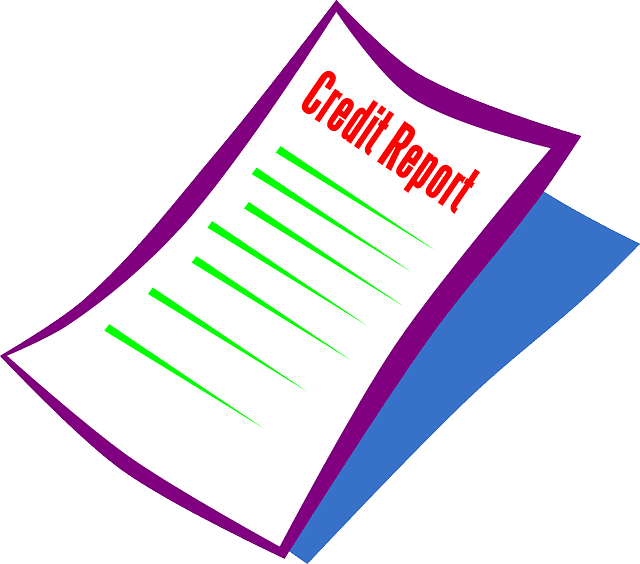
It makes a difference. Your credit score is one of the factors that lenders look at when they consider whether to loan you money for a home or other big-ticket item. A lower score could mean a higher interest rate or otherwise affect the mortgage agreement. Your goal should be to have a score above 760.
So find out what your score is and then apply these five steps to upgrade:
• Know your risks. You can learn what your current credit report contains by contacting one of the three main credit reporting agencies, TransUnion, Equifax and Experian. Once a year they are obligated to provide a free report. It won’t include your overall score and you usually will have to pay a fee to see that bottom line. Usually, the score will come with a list of risk factors. Study them as a starting point for improvement. There can be as many as 300 risk factors. If you choose not to pay one of the reporting agencies for a score, many credit card companies will include it on statements and there are third-party websites that provide a simulated score. They include credit.com and creditkarma. Their scores may not exactly match those of the reporting companies, but it is close enough to set you on a correction course.
• Pay your bills on time and every time. The biggest factor in determining your credit score is how faithfully you pay your bills. Obviously, no potential lender wants to hand its resources to someone who has a patchy record of repaying. Even a few days late matter. A single missed payment can drop your score by 100 to 300 points. Start by refusing to allow yourself to add to your debt. Charge only what you can afford to pay off every month in full.
• Manage the debt you have. Keep your balances low to build your credit score. Debt utilization – how much of your available credit you actually use is an important part of how you score. Your balance should never be more than 30 percent of the credit limit on any single charge card or on the total of all your cards. If your balance now exceeds that goal, plan to get them paid off as soon as possible. Add as much money as possible on each payment. Decide if you want to concentrate on the smallest balances first or whittle away at those with the highest interest.
• If you don’t have a credit card, open one. A wallet full of credit cards isn’t necessary, but one or two, carefully managed, can help you establish a good score. Don’t just apply without a plan. Know how much credit you need and how you plan to repay it. If you opt not to have a credit card, open a credit account and faithfully pay it. You need some evidence that will get back to the credit reporters to enhance your score.
• Be patient. Good credit is not built in a day. It may take a few months of faithfully paying bills, keeping credit lines tidy and controlling your spending to produce the results you are looking for. But it will all be worth it when you face a mortgage lender across the desk or have other credit requests to make.